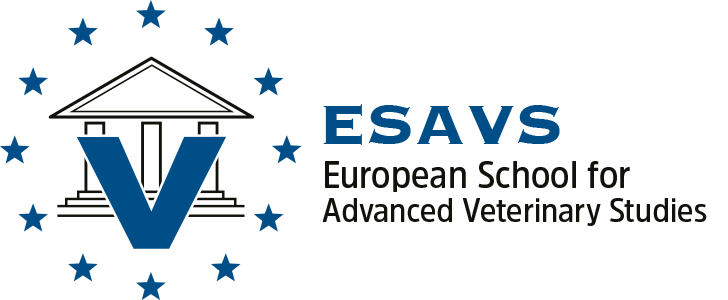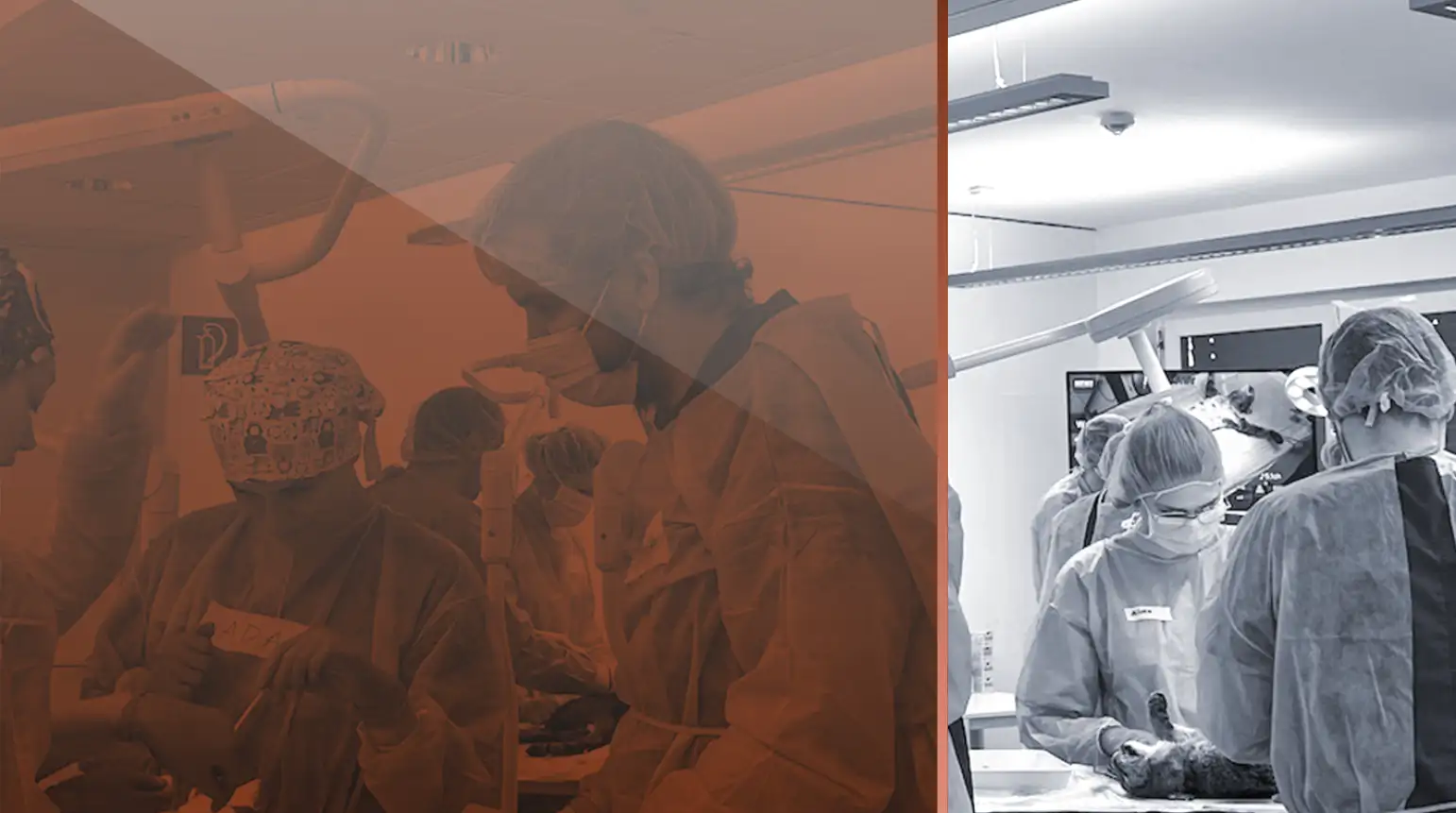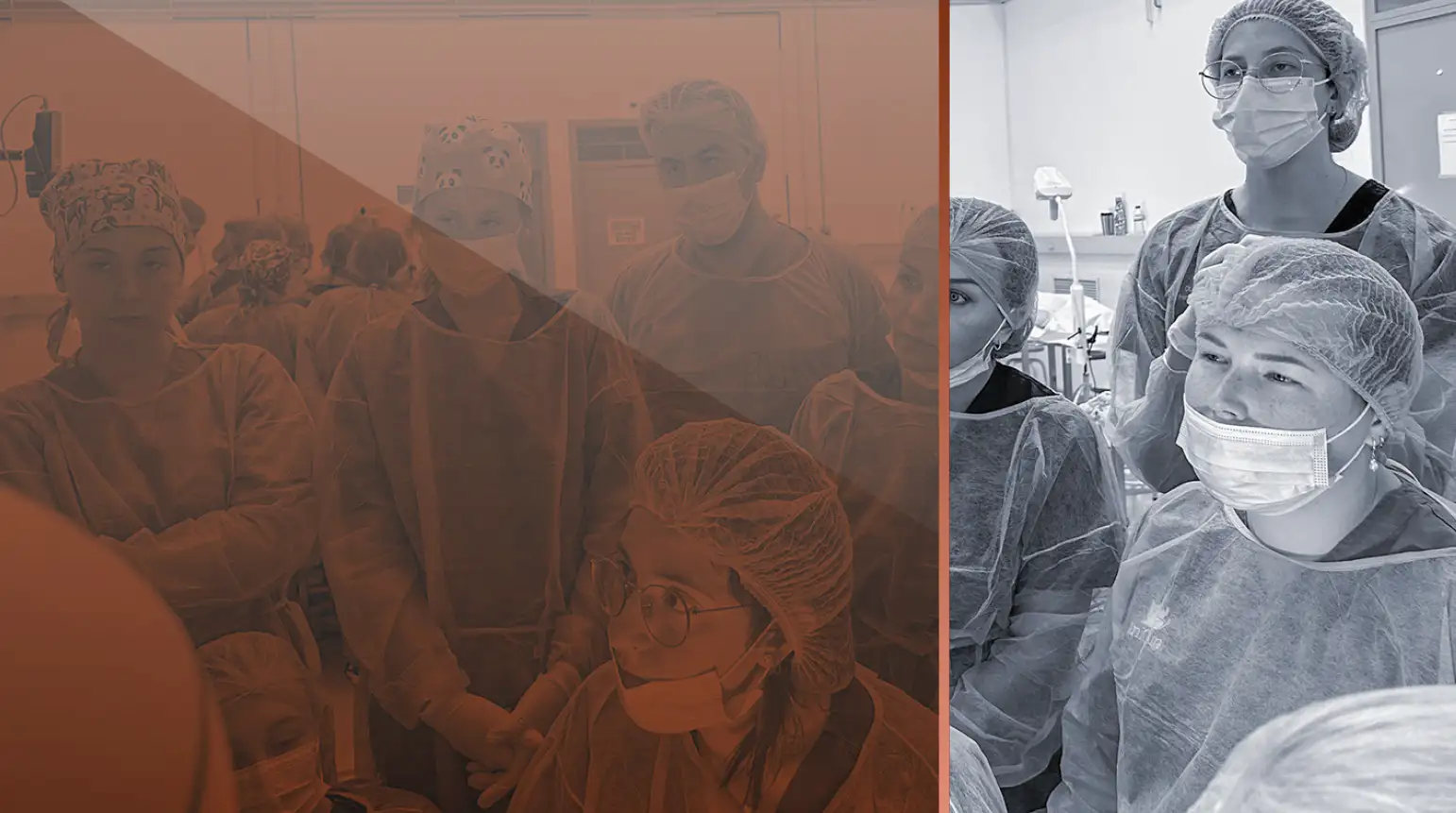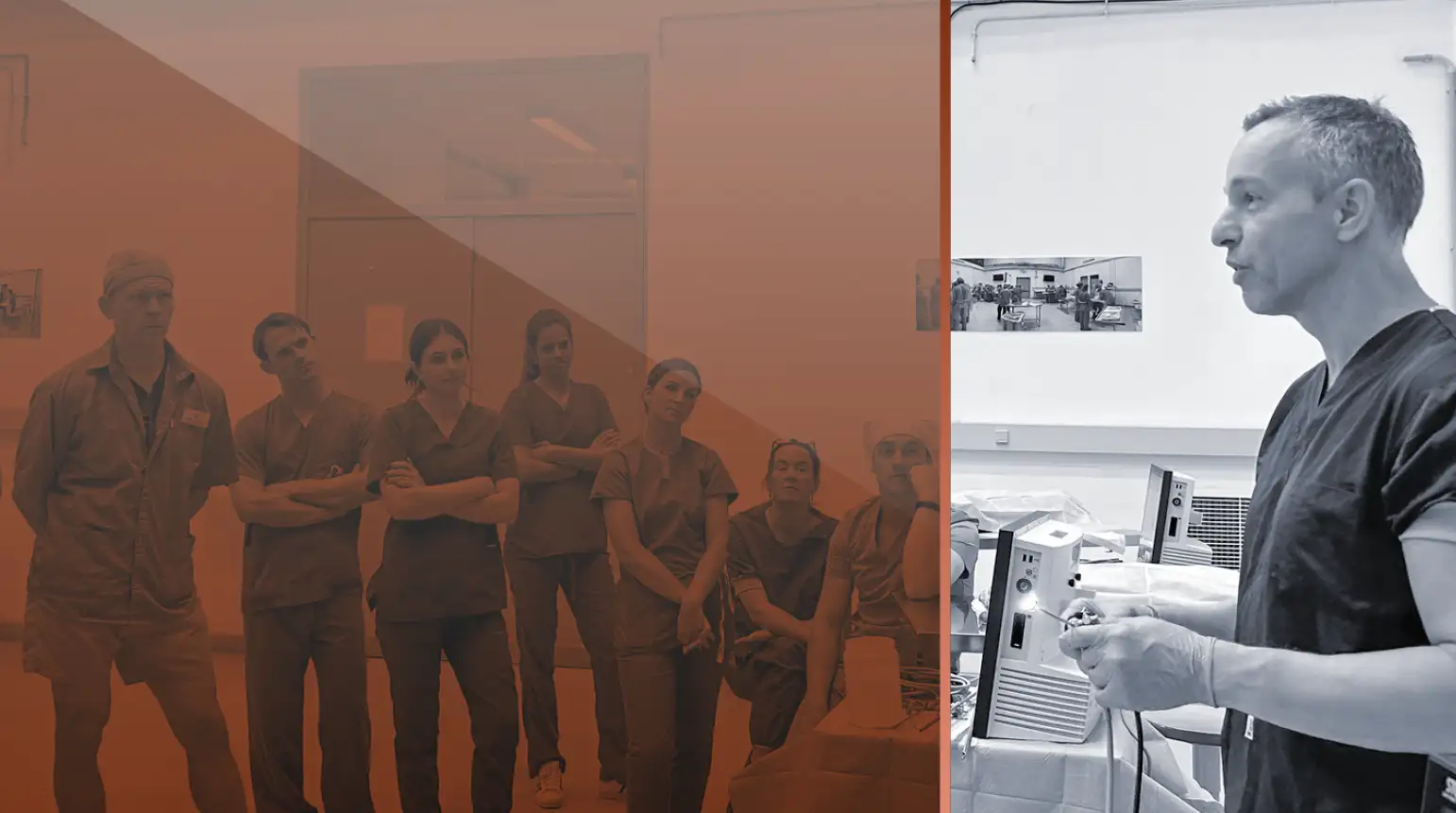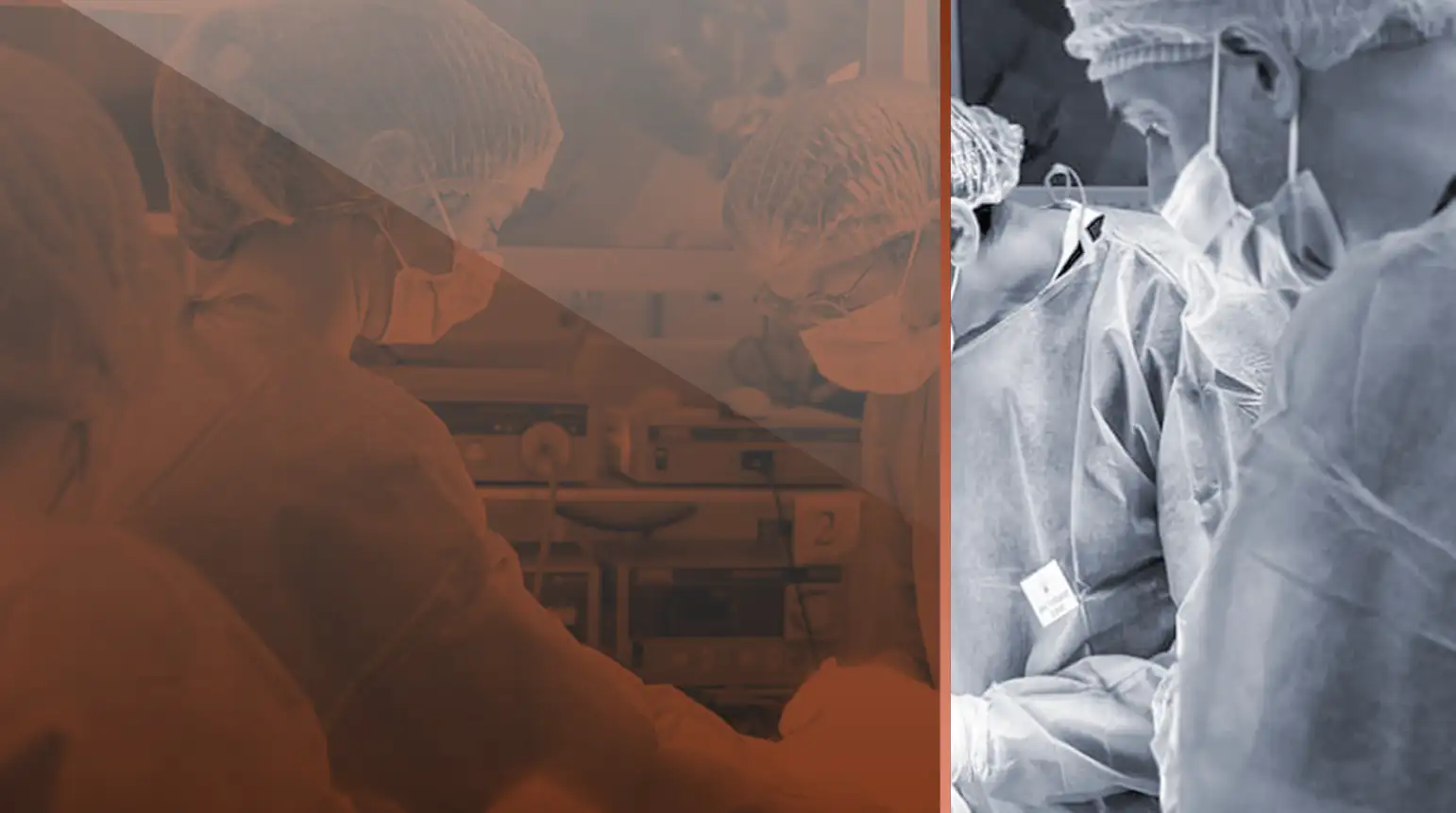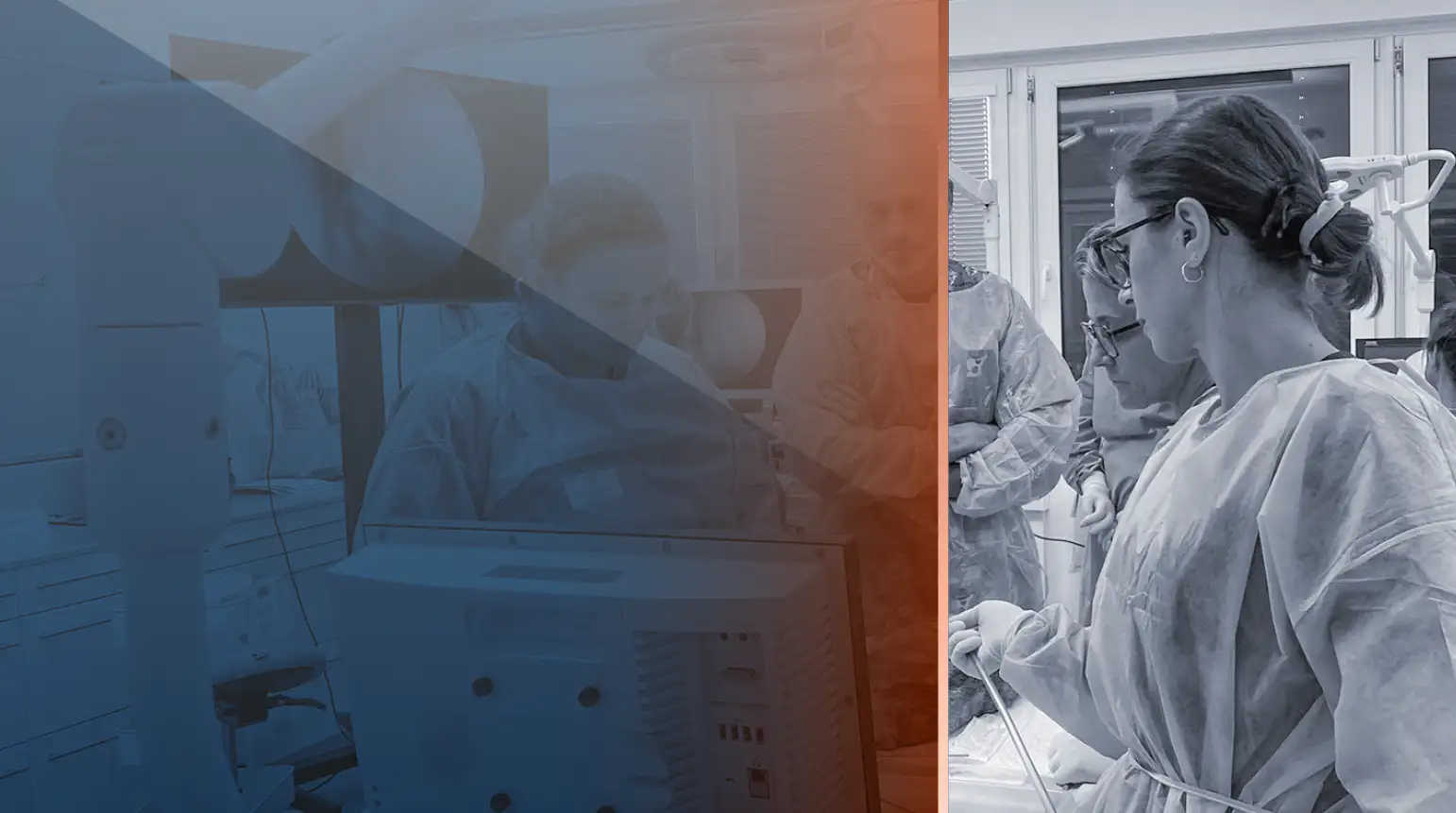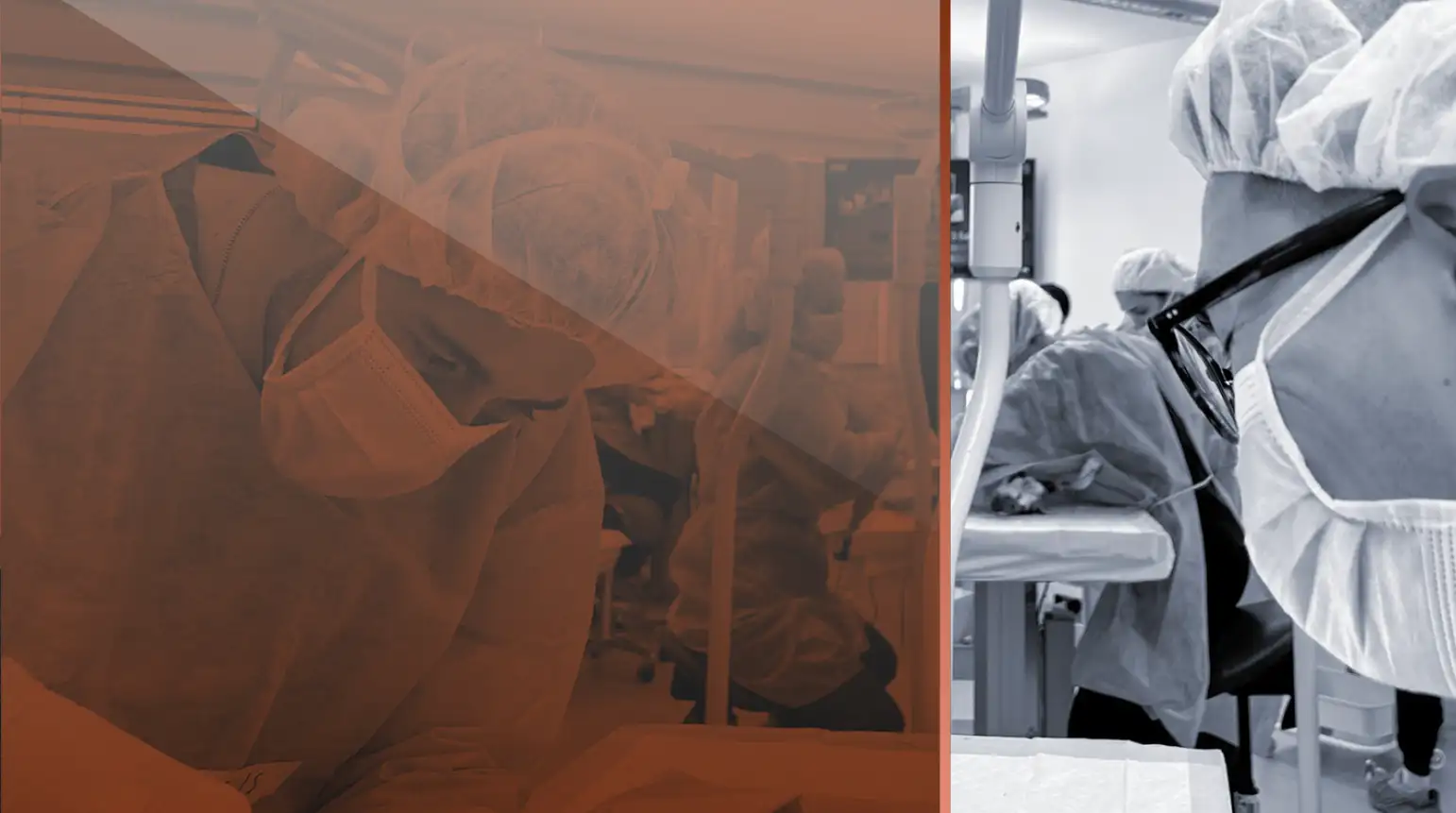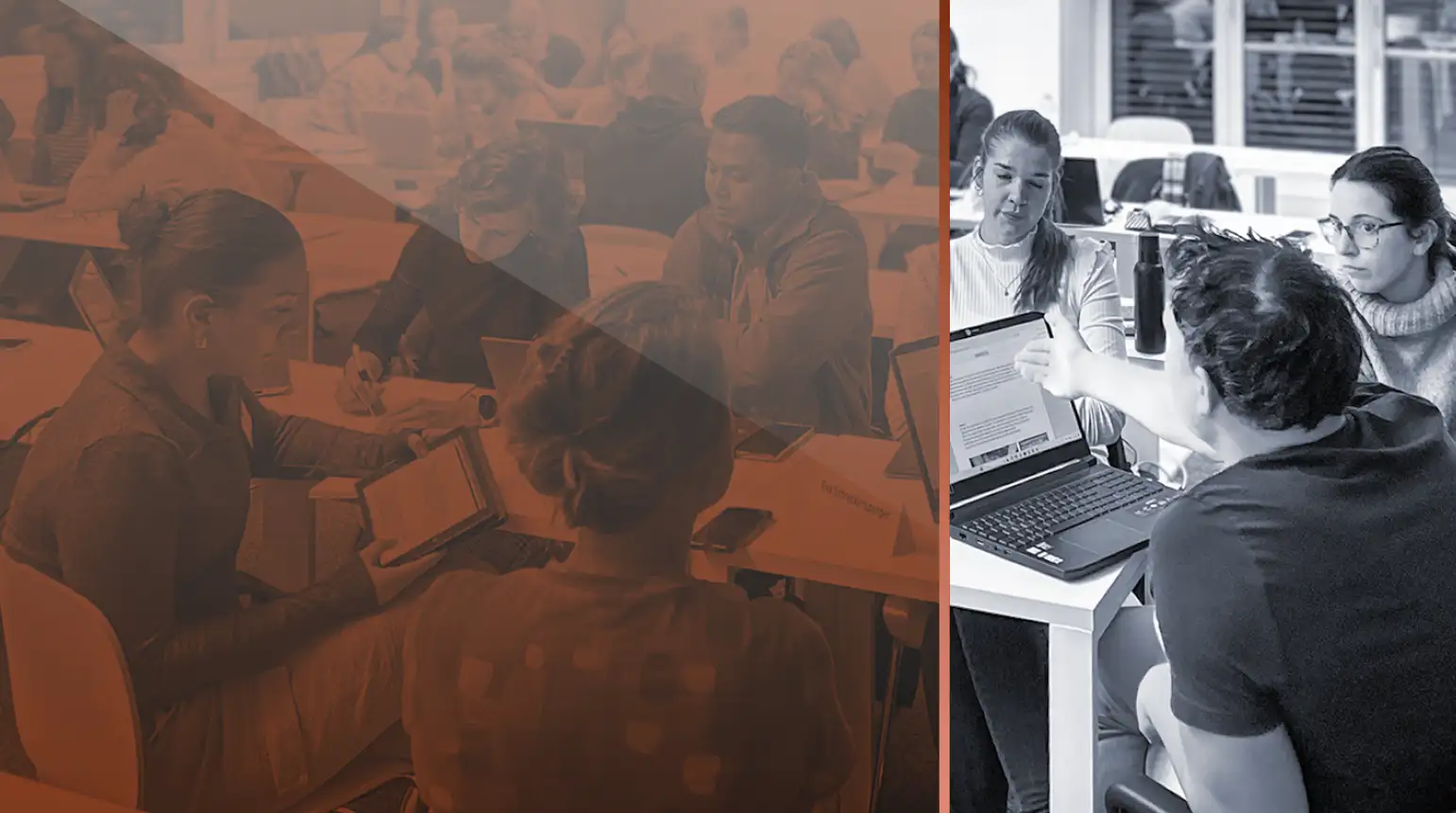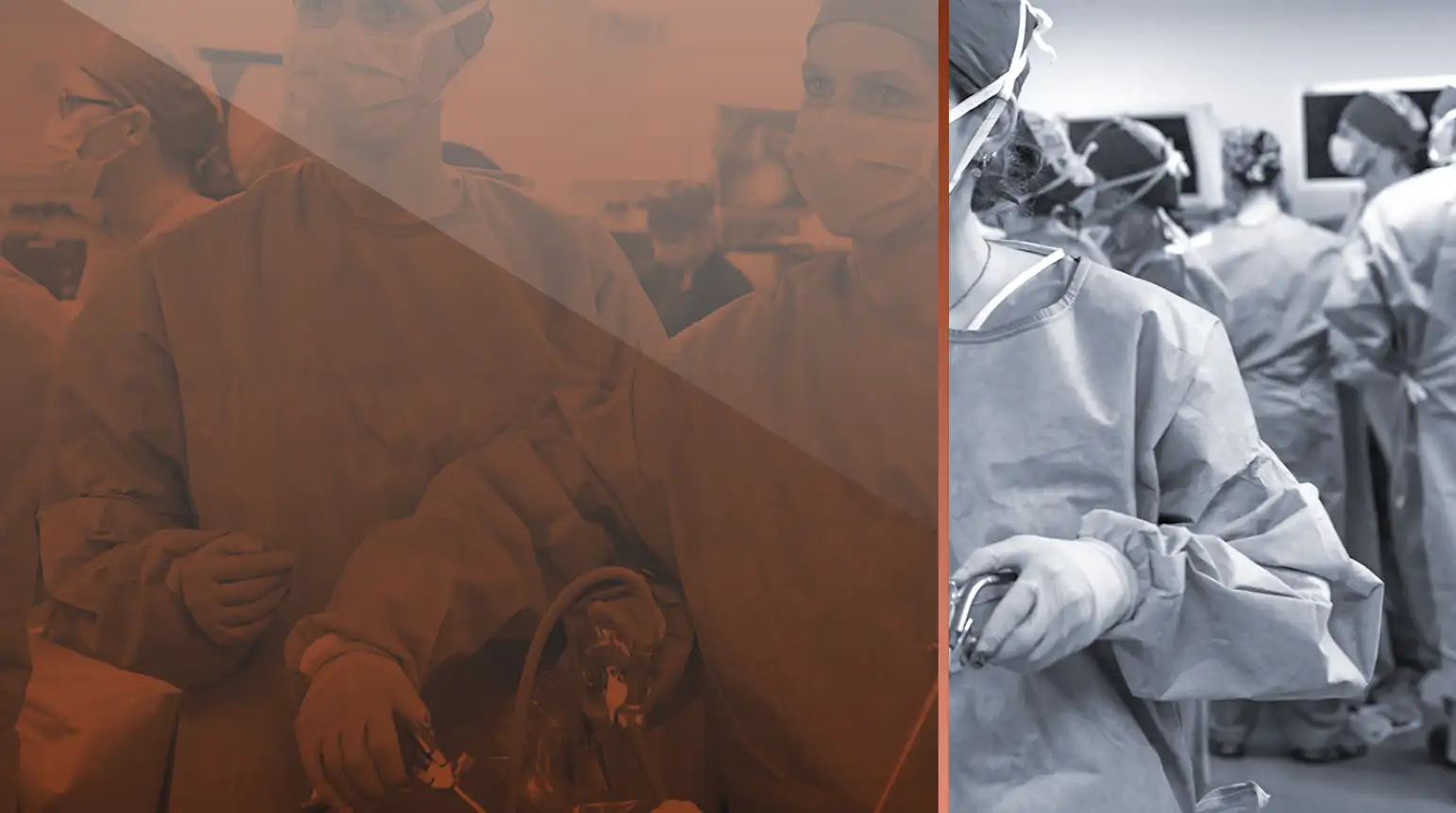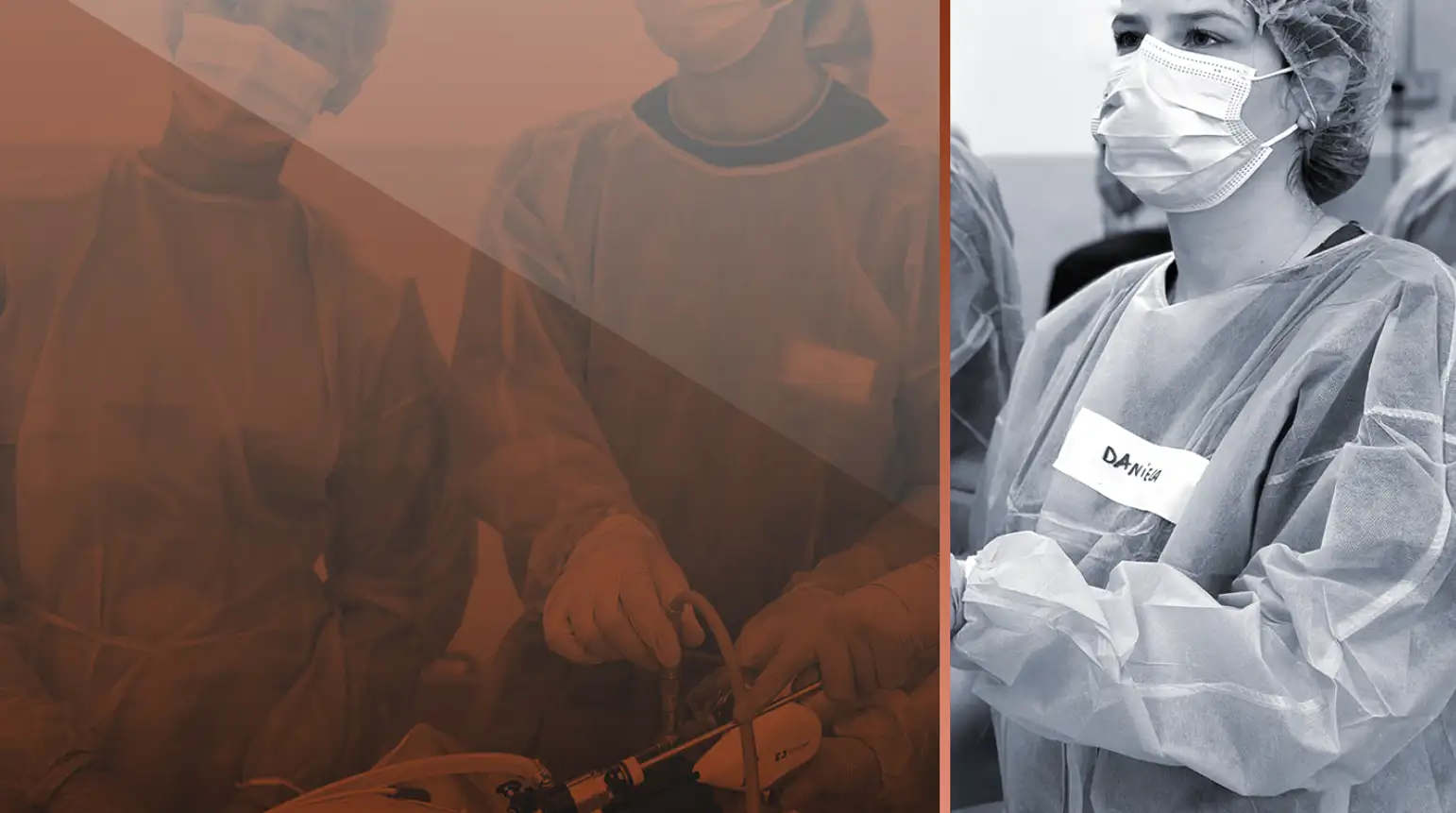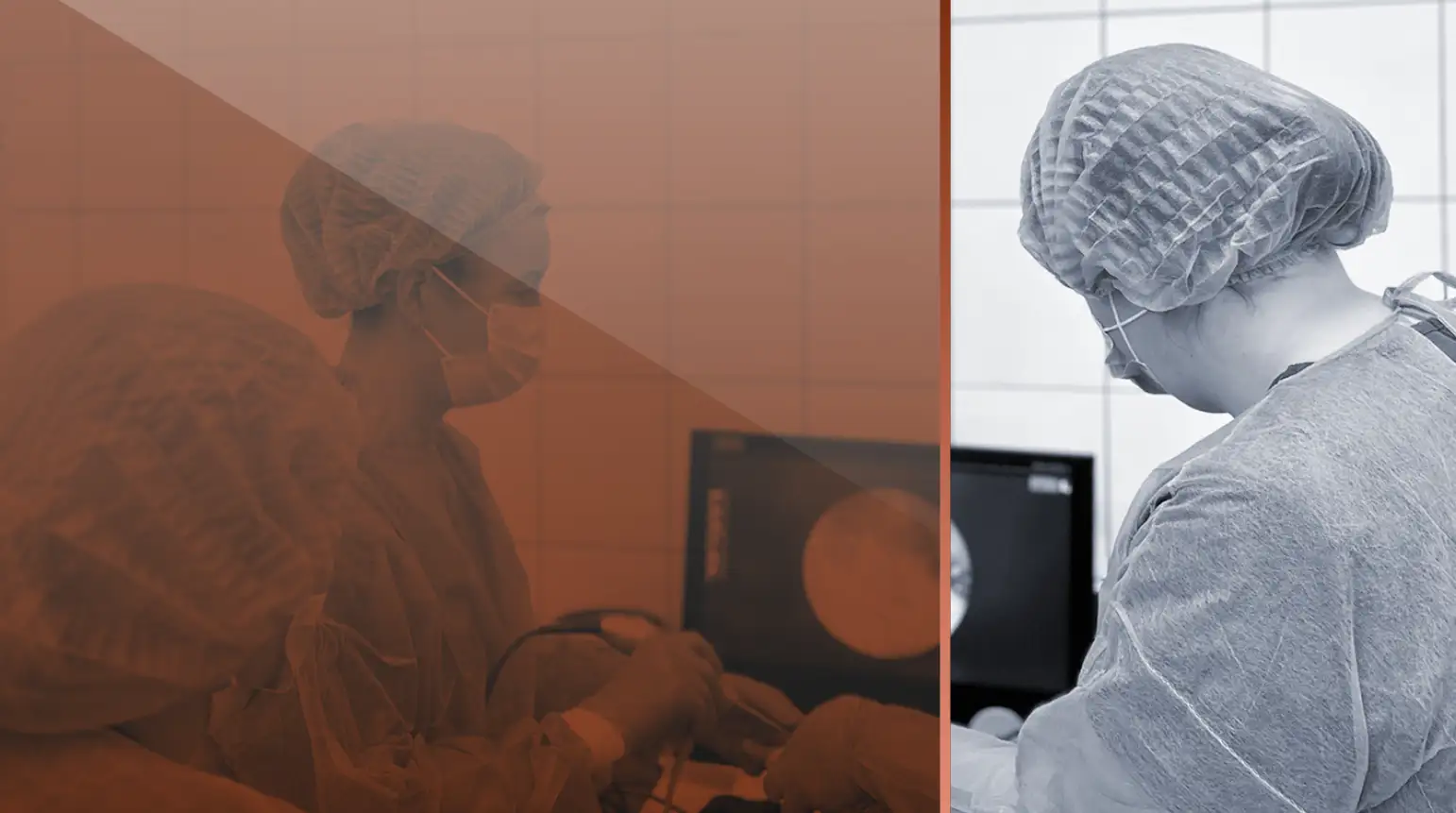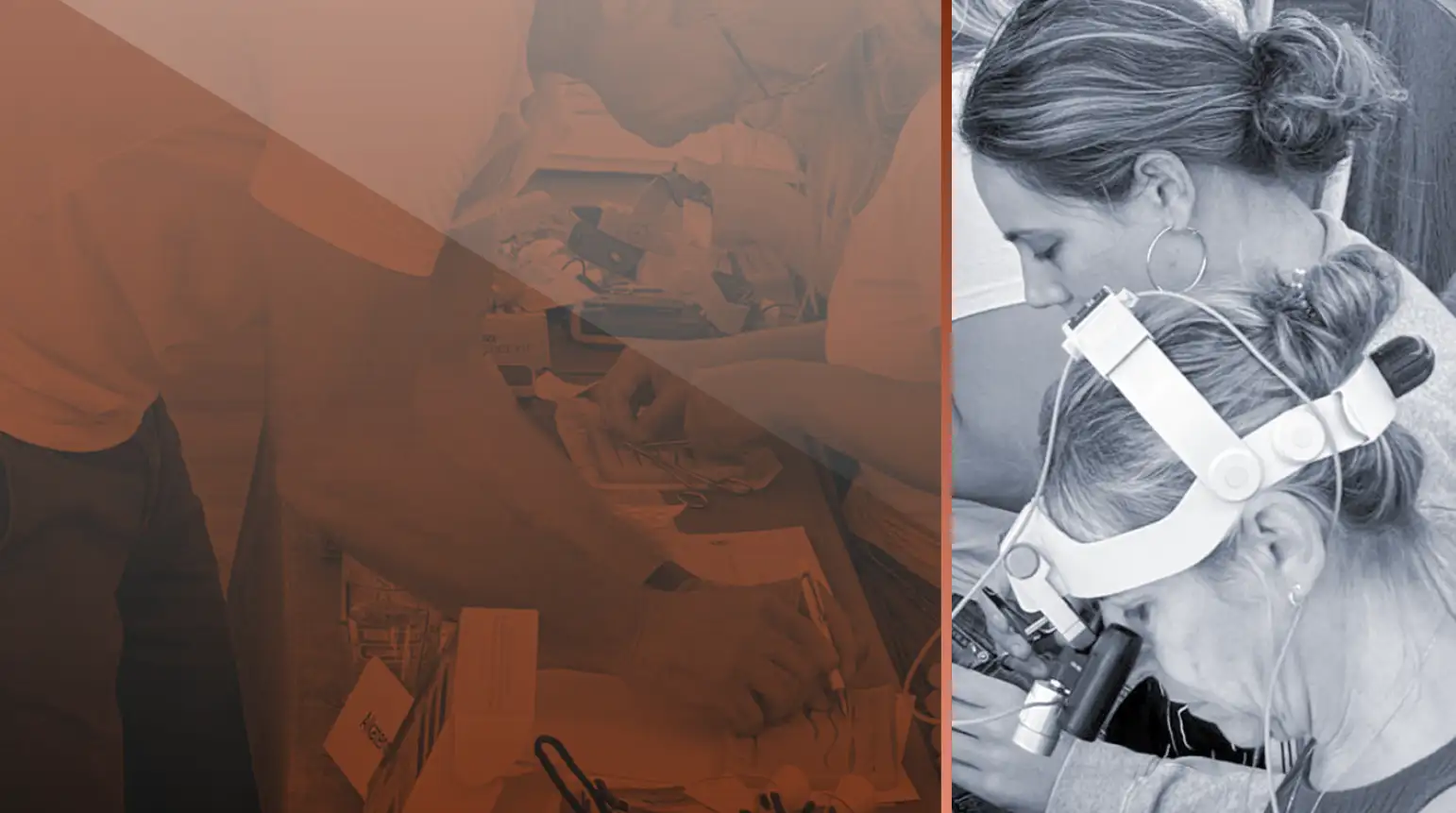Focus On – Soft Tissue Surgery
Advanced Hernia Surgery
Program Director:
Principal Course Master(s):
Course Overview
Welcome to the ESAVS Focus On Course: Advanced Hernia surgery.
This advanced soft tissue surgery course offers a comprehensive blend of theoretical and practical learning, complemented by group discussions, all packed into an intensive three-day program. The schedule includes one and a half days dedicated to lectures and case discussions, followed by another one and a half days of hands-on wet labs. The course will be led by two highly experienced soft tissue surgeons, each bringing a wealth of knowledge from both academic and referral practice backgrounds.
The curriculum for this course surpasses what has been previously offered in ESAVS courses, incorporating all potential techniques for addressing major hernias, ruptures, or defects. This is an unparalleled opportunity to enhance your surgical skills and knowledge in a collaborative and immersive environment.
This course is tailored for veterinary surgeons interested in advanced soft tissue surgery. Participants should have a strong surgical background, demonstrated by their previous participation to ESAVS soft tissue surgery courses or equivalent training. Certificate and master’s degree holders, as well as ECVS and ACVS residents are warmly invited to participate. A 30% discount will be offered to residents in training (limited number of seats).
Aim
To consolidate basic knowledge and develop advanced understanding and practice of indications and techniques related to abdominal wall and perineal hernia / ruptures repair.
Learning outcomes
By the end of the course, participants should:
• Differentiate between hernias, ruptures, and defects, and understand the clinical significance of these differences in veterinary practice.
• Evaluate and select the appropriate imaging modalities for diagnosing hernias and ruptures in various clinical scenarios.
• Analyze the anatomy of the abdominal wall, inguinal/scrotal/femoral regions, and prepubic tendon, and apply this knowledge to the repair of small hernias and defects.
• Implement local techniques such as muscle release and component separation for the repair of middle-sized hernias and ruptures.
• Assess the indications, selection, and use of mesh and biological implants in the repair of large hernias and ruptures and develop strategies to avoid compartment syndrome.
• Identify and manage associated lesions in challenging perineal hernias, and apply muscular flaps and other advanced repair methods.
• Engage in case discussions to develop problem-solving skills for complex hernia cases, including scenarios where initial repairs fail and repeat surgery is necessary.
Please note: Course will take place in two locations:
Theoretical part: JW Marriott Bucharest Grand Hotel, Calea 13 Septembrie 90, 050726 Bucharest, Romania
Practical part: Faculty of Veterinary Medicine Bucharest, Independence Street 105, Sector 1, 050097 Bucharest, Romania
Course Program (Subject to change)
Program
• Lectures:
– Hernia, ruptures, defects: What are the differences?
– Imaging hernia and ruptures: how to choose the appropriate modality?
– Small hernia and defects: Are these truly easier to repair?
— Anatomy of abdominal wall & Inguinal / scrotal / femoral hernia
— Anatomy of Prepubic tendon
— Closure techniques
– Middle-sized hernia and ruptures
— Local techniques: muscle release, component separation
– Large hernia and ruptures:
— Mesh and biological implants: indications, selection and use
– Compartment syndrome and how to avoid it
– The challenging perineal hernia
— The associated lesions
— Muscular flaps and other methods of repair
• Case discussion: bring your own case / what to do when repair fails / Repeat surgery
• Practical labs:
– Anatomy of the perineal and inguinal region
– Meshes and biological implants: harvesting and suturing,
– Muscles flaps (Sartorius, semitendinosus, superficial gluteal , external oblique, latissimus dorsi etc…) , and more!
Focus On – Soft Tissue Surgery
02/02/2025 - 04/02/2025Location:
Bucharest / RomaniaVenue:
JW Marriott Bucharest Grand Hotel, Calea 13 Septembrie 90, Bucharest, Romania
Tuition fee*:
Early registration fee*:
Early registration deadline:
Total hours:
ATF hours (AU, DE, LU, CH):
ECTS credits (Master & Certificate):
Related courses
Soft Tissue Surgery I
Soft Tissue Surgery II
Soft Tissue Surgery IV
Soft Tissue Surgery I
Soft Tissue Surgery I
Feline Soft Tissue Surgery
Head & Neck Surgery
Focus On – Soft Tissue Surgery
Advanced Course on Canine Esophageal and Gastric Surgery
Focus On – Soft Tissue Surgery
SUB & Ureteral Surgery MasterClass
